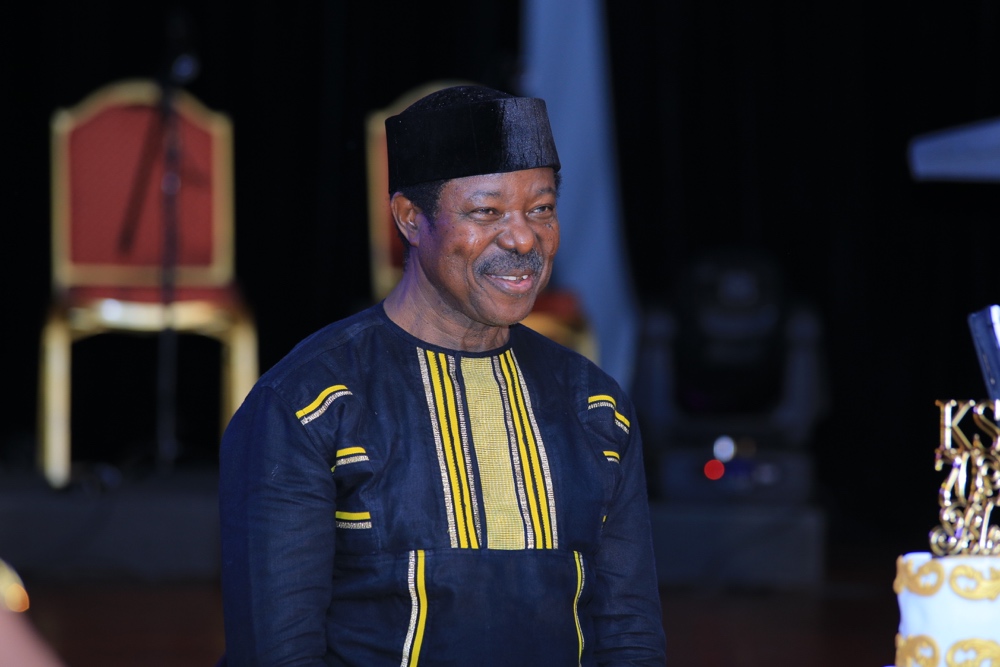
How big did your social media audience become in 2016? How many new platforms did you incorporate into your campaign, and how did you change your content syndication or advertising strategies to reflect the latest trends?
If you don’t know the answers to these questions, it means you probably haven’t been paying close attention—but don’t worry. The social media world changes so fast, it’s hard for even the dedicated experts to stay on top of things. Plus, it’s hard to tell which trends are temporary fads versus which ones are going to stick.
That being said, it’s helpful to look back and see which trends—including ones I predicted last year—actually stuck around to shape the social media realm for the future.
Without further ado, I give you the top seven social media trends that changed (and continue to change) how we use and appreciate social media:
1. Live video.
First up, there’s live video. Live video started to become popularized with the development and acquisition of dedicated streaming app Periscope back in 2015, but only this year did the medium truly start to take off. Facebook introduced its own streaming platform, Facebook Live, and both individual users and organizations started using it to share live streaming content with friends and followers. Live video is an easy and effective way to interact with people, especially if you use a question and answer style format or another medium that encourages participation. Since it’s still relatively new, you can expect it to continue growing into 2017 and beyond.
2. Stories.
Snapchat stories have been around since the app’s launch (which is now called Snap), but it was the debut of Instagram’s equivalent “story” function that made headlines earlier this year. Instagram has long been a tricky platform for brands to use, in part because it doesn’t allow you to post links (and driving traffic is usually a main goal of social media marketing) and in part because its photography-centric audience makes it less approachable for mainstream brands. Stories is another leap forward for storytelling in social media marketing, and brands that leverage it have been seeing killer results.
3. Mobile optimization.
Social media apps have also been making strides toward becoming exclusively focused on mobile experiences. Some apps, like Snap and Instagram, only exist as mobile apps with no desktop equivalent, and long standbys like Facebook and Twitter continue making layout and functionality changes that are custom-made for mobile audiences. It’s unlikely that this momentum is going to stop, especially as mobile traffic continues to increase and brands like Google keep pushing for further mobile optimization with features like accelerated mobile pages.
4. Social commerce and advertising.
Admittedly, when I made my predictions for what trends we’d see in social media this year, I was convinced that the hybridization of social media and eCommerce was going to take even more steps forward this year than it did, but it was an eventful year for the development and refinement of social purchasing and advertising. We saw new advertising options from brands like Instagram and Pinterest, and new features like slideshow ads from top players like Facebook. It’s no secret that these apps depend on advertisers in order to stick around, so it stands to reason that a good chunk of their development is spent on improving advertising options and features.
5. Echo chambers and influence.
This trend wasn’t a new tool, a new feature, or a new way to use social media so much as it was the widespread realization of one of social media’s less pleasant effects. Because social media news feeds use a system of user engagement to rank news stories, it’s only natural that users become more exposed to stories they already like, believe in, or have engaged with in the past. Eventually, this creates a kind of echo chamber that limits individuals’ exposures to opposing views or new information—which, during an already contentious election year that included a deluge of fake news that was perpetuated as long as it fit with users’ beliefs, resulted in significant controversy. We may see Facebook and other social media major players respond to this effect with newer, more diversified versions of news feed algorithms as a result. Facebook and Google have already taken first steps toward discouraging the proliferation of fake news by refusing to pay advertisers who publish it.
6. Fun and games.
Taking a step back from the weight of echo chambers, social media apps have also taken measures to make their apps more “fun” for users. Snap filters, capable of morphing your face and the scenery around you, continue to be added (and continue to be popular), and at the beginning of the year, Facebook released new emoji reactions to augment the “like” function. Instagram stories, too, offered users new, fun ways to alter their images, including the addition of text—previously unheard of in the Instagram world.
7. The rise of chatting.
2016 also saw the rise of more chatting features; Snap continues to grow in popularity as a means of exchanging quick bits of information, and rival app WhatsApp has also surged. Chatting is fast and in-the-moment, and therefore is seen as a more sincere, more unique experience that draws more people in.
Hopefully, a review of these trends gives you some more ideas about what you can do to increase, improve, and better engage with and grow your social media following. Social media certainly isn’t going away, and there’s a whole host of new developments in store for us in 2017 and beyond.
Understanding the course of social media’s past can help you project its future, so make what changes you can to your social media strategy now, and prepare for things to get even weirder in the coming years.


















































